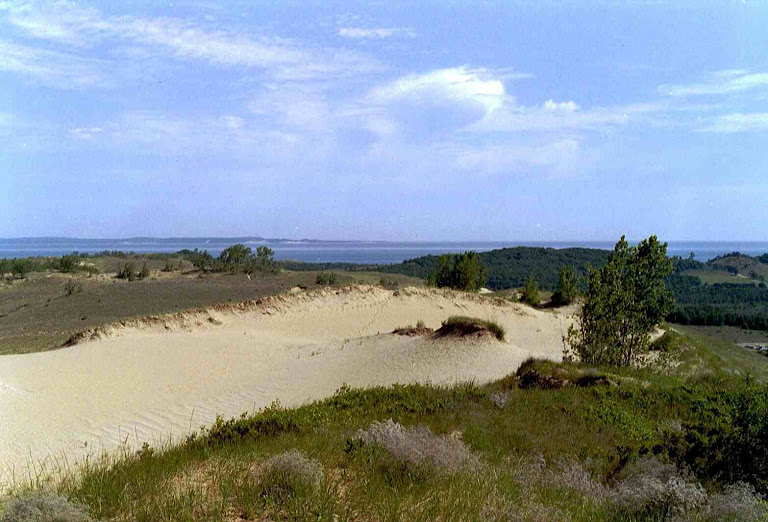Gain your students' respect by providing them with a challenging question in a first class. The following challenge, for teachers and students, has been made possible by Paul Laurence Dunbar.Give your students a copy of Paul Laurence Dunbar's poem "Little Brown Baby" to read. This will prove challenging to them (and to you). I practised reading the poem out loud for nearly two hours before feeling confident enough to read it without blunder in the classroom.
Little Brown Baby
Little brown baby wif spa’klin’ eyes,
Come to yo’ pappy an’ set on his knee.
What you been doin’, suh—makin’ san’ pies?
Look at dat bib— you’s ez du’ty ez me.
Look at dat mouf—dat’s merlasses, I bet;
Come hyeah, Maria, an’ wipe off his han’s.
Bees gwine to ketch you an’ eat you up yit,
Bein’ so sticky an sweet—goodness lan’s!
Little brown baby wif spa’klin’ eyes,
Who’s pappy’s darlin’ an’ who’s pappy’s chile?
Who is it all de day nevah once tries
Fu’ to be cross, er once loses dat smile?
Whah did you git dem teef? My, you’s a scamp!
Whah did dat dimple come f’om in yo’ chin?
Pappy do’ know you—I b’lieves you’s a tramp;
Mammy, dis heah’s some ol’ straggler got in!
Let’s th’ow him outen de do’ in de san’,
We do’ want stragglers a-layin’ ‘roun’ hyeah;
Let’s gin him ‘way to de big buggah-man;
I know he’s hidin’ erroun’ hyeah right neah.
Buggah-man, buggah-man, come in de do’,
Hyeah’s a bad boy you kin have fu’ to eat.
Mammy an’ pappy do’ want him no mo’,
Swaller him down f’om his haid to his feet!
Dah, now, I t’ought dat you’d hug me up close.
Go back, ol’ buggah, you sha’n’t have dis boy.
He ain’t no tramp, ner no straggler, of co’se;
He’s pappy’s pa’dner an’ playmate an’ joy.
Come to you’ pallet now—go to yo’ res’;
Wisht you could allus know ease an’ cleah skies;
Wisht you could stay jes’ a chile on my breas’ —
Little brown baby wif spa’klin’ eyes!
Any analysis of this poem is drawn first to the way the author has chosen to represent the oral speech of his fellow African Americans. We are lucky to have such poems that preserve the sound and musicality of this language. There is the Southern accent, of course, and the English reveals a lack of formal education. The sentiment of love for one's child is universal and builds an instant bridge between the speaker and the reader. The affinity one feels for the speaker is accentuated by his teasing of the child that demonstrates both the strength of the man's love and the force of his own endurance.
Once you feel the students have grasped and enjoyed the poem, the following test can be performed. Give them the handout below, and ask them which of the two poems was also written by Paul Laurence Dunbar.
-1-
Lullaby (For a Black Mother)
My little dark baby,
My little earth-thing,
My little love-one
What shall I sing
For your lullaby ?
Stars,
Stars,
A neck lace of stars
Winding the night.
My little black baby,
My dark body’s baby,
What shall I sing
For your lullaby ?
Moon,
Moon,
Great diamond moon,
Kissing the night
Oh, little dark baby,
Night black baby,
Stars, stars,
Moon,
Night stars,
Moon,
For your sleep-song lullaby.
-2-
In An English Garden
In this old garden, fair, I walk to-day
Heart-charmed with all the beauty of the scene:
The rich, luxuriant grasses’ cooling green,
The wall’s environ, ivy-decked and gray,
The waving branches with the wind at play,
The slight and tremulous blooms that show between,
Sweet all: and yet my yearning heart doth lean
Toward Love’s Egyptian fleshpots far away.
Beside the wall, the slim Laburnum grows
And flings its golden flow’rs to every breeze.
But e’en among such soothing sights as these,
I pant and nurse my soul-devouring woes.
Of all the longings that our hearts wot of,
There is no hunger like the want of love!
Links:















